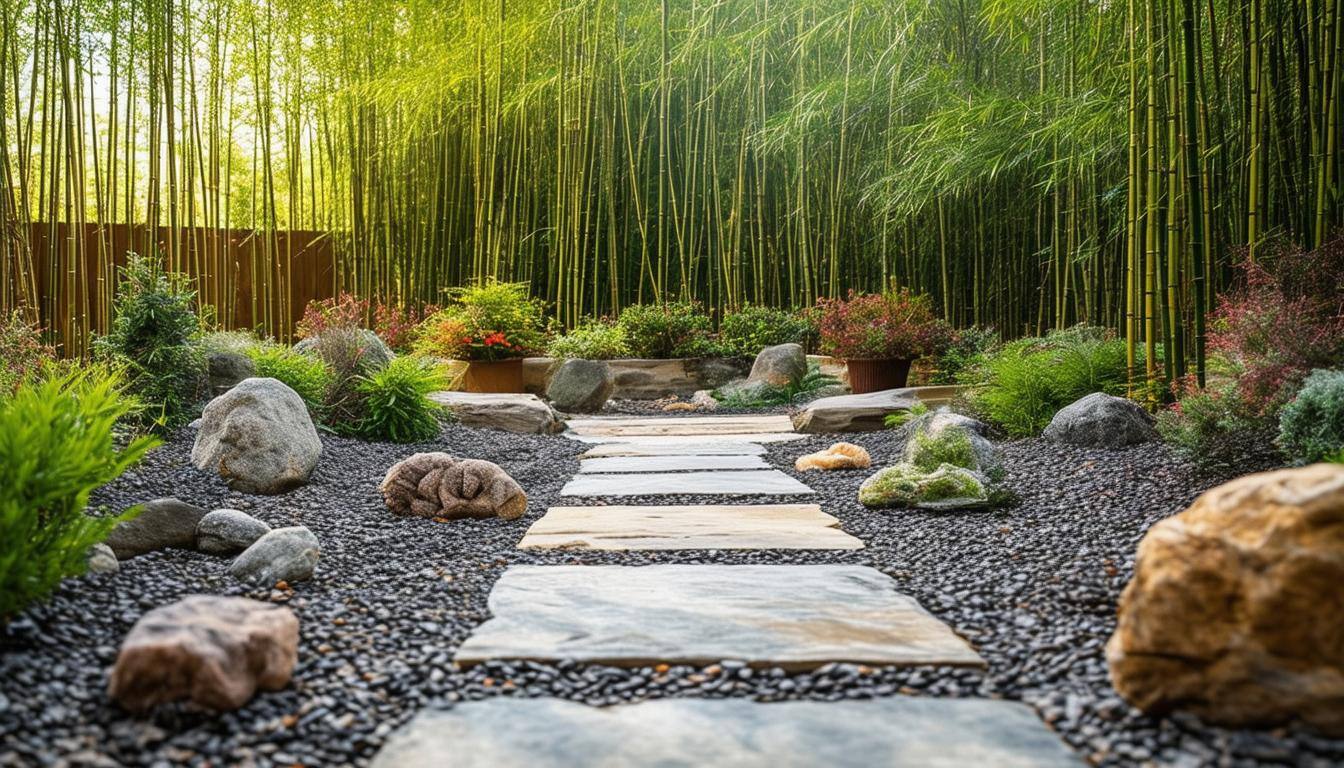Minick Materials understands that the construction industry significantly impacts the environment and can have lasting effects on air, water, and land. These effects can ripple through our environment, affecting biodiversity and access to natural resources. Due to these impacts, it’s important to introduce sustainable solutions for the construction industry to help further and enhance the environment.
Environmental Impact of Traditional Construction
As you may know, traditional construction's environmental impact is not considered sustainable, further affecting the world. For example, concrete and steel production can cause a carbon footprint, deforestation occurs to extract timber, and waste is generated from construction and demolition. The role of sustainable construction includes reducing carbon emissions, preserving natural resources, and promoting energy efficiency and resilience.
Emerging Trends in Sustainable Construction Material
Emerging trends in sustainable construction materials include bio-based, carbon-negative, and smart materials.
Bio-Based Materials
Bio-based materials include materials like mycelium, bamboo, and hempcrete. Mycelium is a fungal network that can be grown into various shapes and forms for insulation, structural support, and soundproofing. Bamboo can be used for flooring, decking, and structural components. Hempcrete combines hemp hurd (shives) and lime, providing insulation, soundproofing, and fire resistance.
Recycled Materials
Recycled materials like concrete, asphalt, glass, and plastic can be transformed into building materials. Crushed recycled concrete and asphalt can be used to create new concrete mixtures. Recycled glass can be used in concrete, asphalt, and other building products. Recycled plastic can be transformed into building materials for decking, siding, insulation, and more.
Carbon-Negative Materials
Carbon capture concrete incorporates carbon dioxide during the production process, and wood products use new, innovative wood processing techniques that reduce the carbon footprint.
Smart Materials
As technology advances, materials like self-heating and photocatalytic concrete have become smart, helping with convenience and sustainability. Self-healing concrete repairs cracks on its own, and photocatalytic concrete breaks down pollutants in the air, improving air quality.
Sustainability at Minick Materials
At Minick Materials, we provide sustainable construction materials like compost (the biggest sustainable product) and mulch, often a product that would have gone to waste but is shredded and used for decoration until it breaks down and goes into the soil. We also provide decorative rock, which saves water and waste because it only has to be installed once instead of replacing it year after year, like soil, mulch, etc. It comes in bulk, so it doesn’t cause trash from packaging, and it can replace water-heavy plants and lawns.
Natural Stone Best Sellers
Natural stones are an environmentally friendly option that can be recycled and reused, making them a sustainable choice for those conscious of their environmental impact. To review all of our natural stones, please click here.
Compost
We offer three different types of compost, including Dark Forest Compost, Prairie Gold Compost, and Zoo Poo Compost. Our corporate philosophy is firmly based on environmentally friendly procedures.
Flagstone
When creating beautiful and durable outdoor living spaces, flagstone is a material that should be considered one of the most sustainable. Its natural split layers offer texture and stability, making it suitable for various purposes, such as patios, walkways, steps, and more.
Contact Minick Materials
If you’re interested in learning more about our sustainable construction materials or have any questions about our products and services, please reach out. Minick Materials prides itself on customer service and ensuring our customers receive all the knowledge they need to proceed with their projects confidently.








![All About Soil Compaction: Causes, Challenges & Solutions [A Guide]](https://www.minickmaterials.com/hs-fs/hubfs/Imported_Blog_Media/plants-2411458_1920-1024x683.jpg?width=725&name=plants-2411458_1920-1024x683.jpg)
.webp?width=725&name=AdobeStock_462076409%20(1).webp)